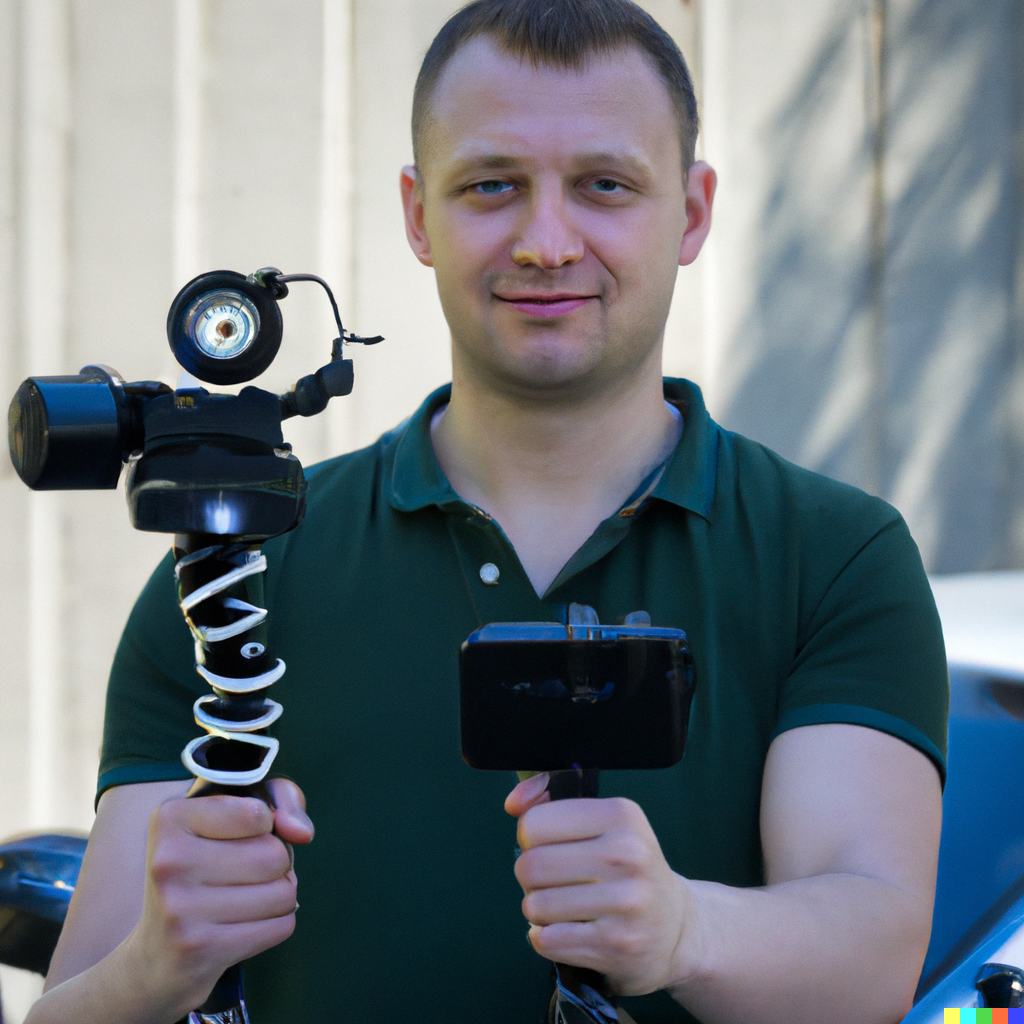In a move that signifies a major shift in the electric vehicle landscape, BMW Group and the Croatian electric hypercar specialist Rimac Technology have announced a long-term strategic partnership. This collaboration will focus on co-developing and co-producing cutting-edge high-voltage battery technology for upcoming BMW electric vehicles.
This powerhouse pairing brings together a seasoned automaker with over 15 years of experience in electrification (BMW Group) and a young, innovative company known for its high-performance electric vehicles (Rimac). The BMW Group is aiming to solidify its position as a leader in the premium electric car market, especially with forecasts suggesting that electric vehicles will dominate half of global sales by 2030.

BMW brings its extensive knowledge in battery and electric drive systems to the table, while Rimac Technology contributes its expertise in high-voltage battery packs, electric axles, electronics, and software solutions. Rimac prides itself on in-house design, engineering, and production, allowing for highly customized and advanced technology. This partnership marks a significant transition for Rimac, evolving them from a niche supplier of high-performance solutions to a high-volume Tier 1 supplier for the automotive industry. Their recent expansion, including the opening of the Rimac Campus, further strengthens their ability to deliver projects that meet the rigorous standards of the automotive world.
While specific details regarding the exact nature, scope, and content of this strategic alliance are yet to be revealed, both companies have promised to share more information in the future. This news comes alongside the upcoming debut of BMW’s sixth generation eDrive technology, promising significant advancements in crucial areas like range and charging times for future BMW electric vehicles.

This partnership is a strategic win for both parties. BMW gains access to cutting-edge battery technology and Rimac secures a major collaboration opportunity, propelling them into the mainstream electric vehicle market. The combined expertise of these two companies has the potential to significantly accelerate the development of next-generation battery technology, paving the way for even more capable and desirable electric vehicles in the near future.



